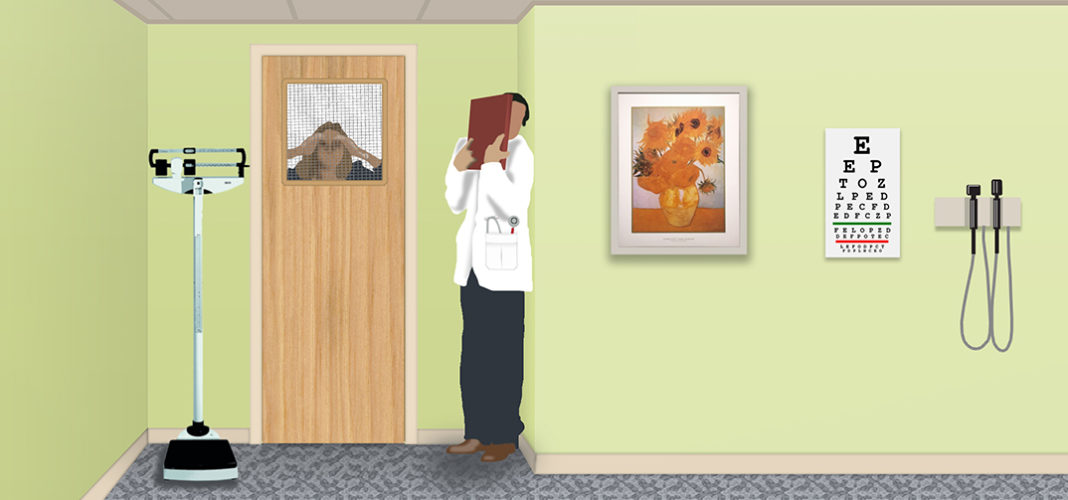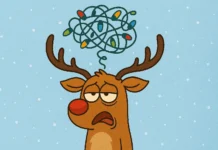Most doctors have a great deal of affection for their patients but, truth be told, this is not always the case. “Admitted or not, the fact remains that a few patients kindle aversion, fear, despair, or even downright malice in their doctors,” Dr. James Groves wrote in a seminal 1978 paper entitled “Taking Care of the Hateful Patient” published in the New England Journal of Medicine. He went on to further explore the uncomfortable reality that doctors sometimes harbor negative feelings towards patients.
Dr. Gross was not referring to the occasional personality clash—he was talking about patients who are, quite frankly, difficult to deal with. They are the ones most physicians see in the schedule and dread. Gross divided these challenging patients into four groups:
1. Dependent Clingers
Dependent Clingers have a relentless need for attention and reassurance. No matter how much time and energy a doctor gives them, it is never enough. They exhaust the doctor with endless phone calls and questions — which have usually been covered already. These patients have no boundaries and try to reach the doctor at any time day or night and disregard on-call protocals. “Whatever their medical problems, what is common to them as a group is their… bottomless need.”
2. Entitled Demanders
Entitled Demanders are like Dependent Clingers in terms of their neediness but are more overtly and obnoxiously demanding. They become hostile when they do not get what they want. Intimidation and devaluation are their go-to strategies. Typical behaviors include threatening legal action, damaging the doctor’s reputation and withholding payment if the doctor isn’t complying with their stipulations.
3. Manipulative Help-Rejecters
Manipulative Help-Rejecters are the patients who feel that nothing and nobody can help them. As Gross observes: “Appearing almost smugly satisfied, they return again and again to the office or clinic to report that, once again, the regimen did not work. Their pessimism and tenacious nay-saying appear to increase in direct proportion to the physician’s efforts and enthusiasm.”
4. Self-destructive Deniers
Self-destructive deniers seem to revel in self-destruction. “They appear to find their main pleasure in furiously defeating the physician’s attempts to preserve their lives,” writes Gross. They have given up hope and don’t seem to care about the havoc their behavior wreaks on themselves and those around them.
Dependent Clingers, Entitled Demanders, Manipulative Help-Rejecters and Self-Destructive Deniers elicit intense negative feeling in doctors—loathing, aversion, avoidance, anger, anxiety, inadequacy, fear, indifference, and even malice—that cannot be wished away or ignored. Instead of wasting precious energy trying to suppress uncomfortable feelings or allowing hostile emotions to impact quality of care, Gross argues that doctors should pay attention to their feelings and learn from them.
“The physician’s negative reactions constitute important clinical data that should facilitate better understanding.” In other words, it can provide valuable information and helpful clues about what makes a patient tick from which a doctor can gain insight about the patient’s underlying needs and motivations.
For example, a feeling of aversion towards a clingy patient is a sign it is time to set firm boundaries. A doctor’s feeling of helplessness and inadequacy towards a help-rejecting patient might be a sign of the patient’s intense fear of abandonment. As Gross concludes, “What the behaviors of such patients teach over time is that it is not how one feels about them that is most important in their care. It is how one behaves toward them.”
The four types mentioned above are probably negative emotions, that can be thought of as data points for everyone, not just doctors. When you reframe feelings like anger, disappointment, and frustration, as information and not something to be acted upon or swept under the rug, you defang their power.
I wish you all the best,
Dr. Samantha Boardman






